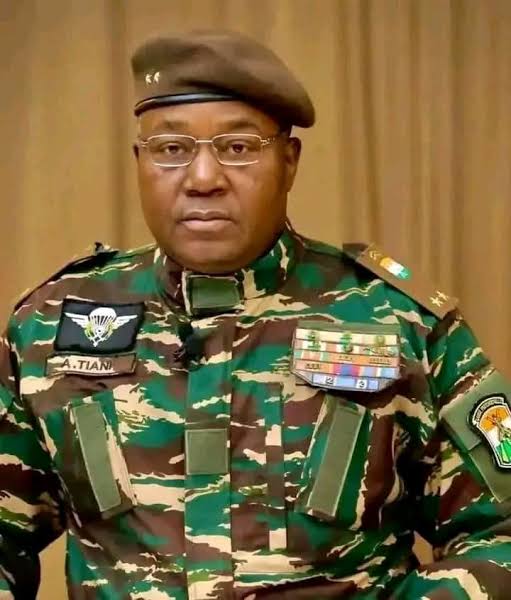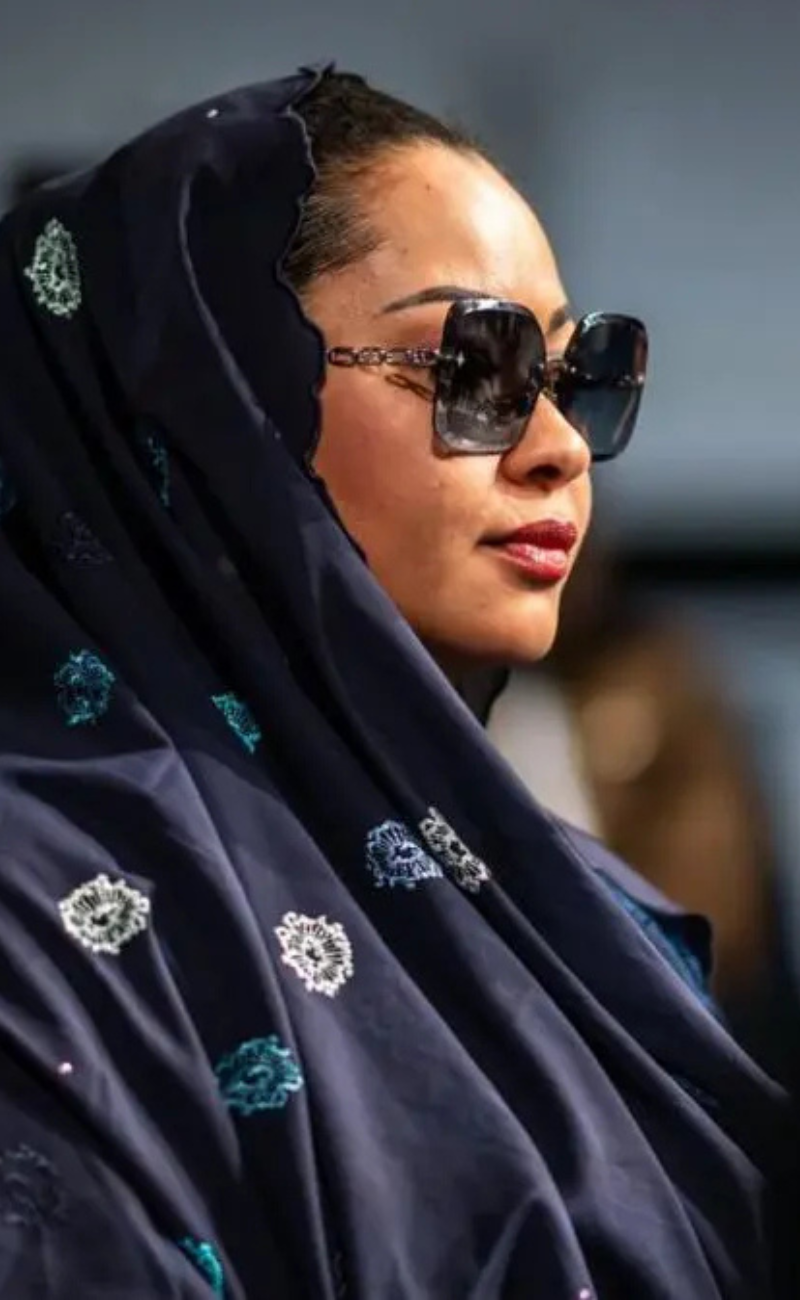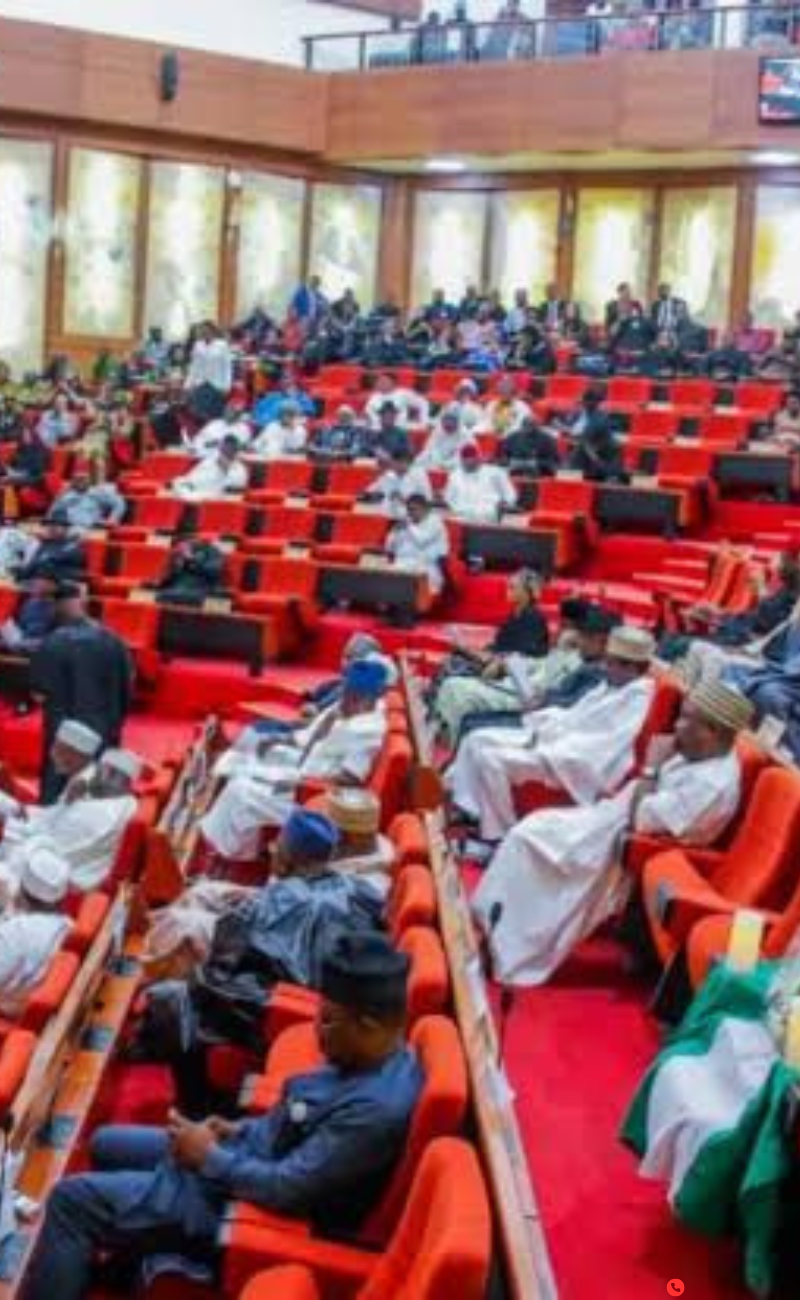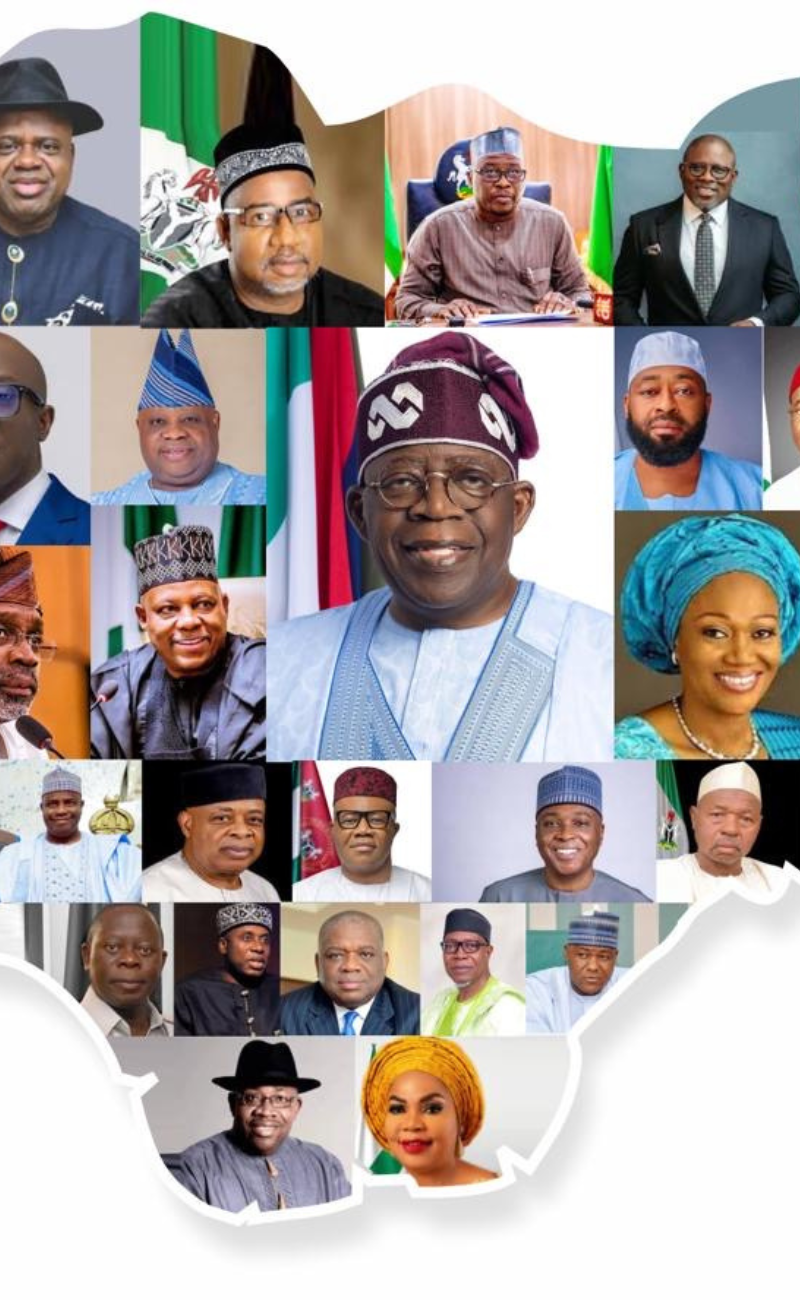Tchiani had accused the Nigerian government of supporting a terrorist group in collusion with France

The senate has resolved to investigate allegations made by the Head of State of Niger Republic, Brig. Gen. Abdourahmane Tchiani, accusing Nigeria of conspiring with France to destabilise Niger through a newly identified militia group known as Lakurawa.
This followed a motion by the chairman of the senate committee on national security and intelligence, Shehu Buba (APC, Bauchi South) during Thursday’s plenary.
While presenting the motion, Buba highlighted concerns over Tchiani’s allegations, particularly the wrongful implication of Nigeria’s National Security Adviser, Nuhu Ribadu, and former NIA Director-General, Ahmed Rufai, in the alleged conspiracy.
Tchiani had accused the Nigerian government of supporting the terrorist group Lakurawa, which he claimed operates in the north-west and is attempting to establish bases in Sokoto, Zamfara, and Kebbi states
He further alleged that foreign military bases in Nigeria were being used to target Niger’s oil pipelines and create security threats in the country.
READ ALSO: NASS calls Nigeria’s border closure a futile policy
He said, “Nigeria and Niger Republic have shared a long-standing, cordial, and mutually beneficial relationship spanning centuries, marked by cooperation in security, trade, and cultural ties.
“Diplomatic relations between Nigeria and Niger were strained following the coup d’état of 26th July 2023, which disrupted constitutional order in Niger. As the head of ECOWAS, Nigeria insisted on the restoration of constitutional democracy. This situation had been gradually normalizing before these latest unfounded accusations by the Head of State of Niger on 26th December 2024.
“In making these allegations, the Nigerien military junta wrongfully implicated certain Nigerian officials, including the National Security Adviser, Mallam Nuhu Ribadu, and the former Director-General of the National Intelligence Agency, Ambassador Ahmed Rufai, who have been working tirelessly to ensure regional peace and stability, in line with Nigeria’s national security strategy.
“Upon learning of these allegations, the National Security Adviser swiftly and unequivocally dismissed them as baseless by clarifying that Nigeria has never allowed a foreign military base on its soil, having previously rejected such requests from both the United States and the United Kingdom. He also reaffirmed Nigeria’s commitment to maintaining peaceful relations with its neighbors, including Chad, Benin, and Cameroon, and emphasized the need to focus on common enemies – terrorist groups – rather than engaging in unnecessary hostilities.
“Despite established diplomatic channels for addressing grievances, the Nigerien Head of State chose to make unfounded public accusations, thereby tarnishing Nigeria’s international image and undermining its sovereignty without presenting any credible evidence.”
As a result, the lawmaker sought the senate’s intervention to recommend diplomatic and security measures aimed at restoring and strengthening the historical ties between Nigeria and Niger.
The senate decided to halt an open debate on the allegations due to the sensitivity of the matter but referred it to its committees on national security and foreign affairs to investigate further and report their findings.
As the senate anticipates feedback from its joint committee, it resolved to debate the outcomes in an executive session.




